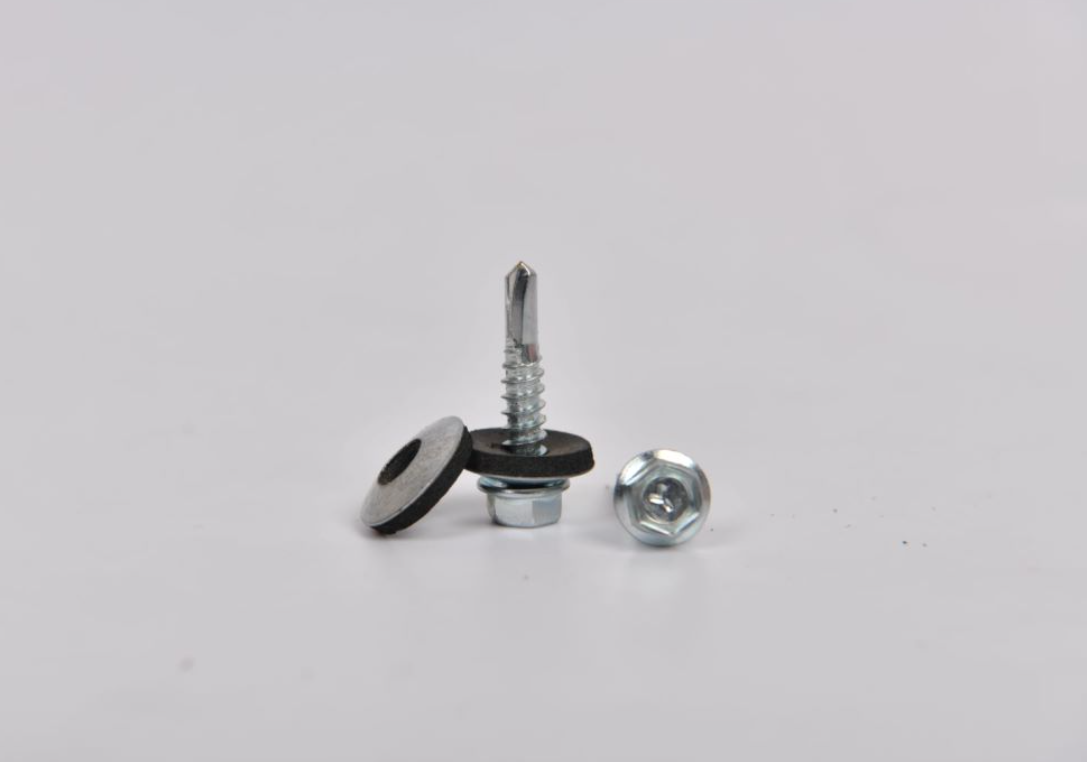self tapping screw m4 manufacturer
The Importance of Quality in M4 Self-Tapping Screw Manufacturing
In the world of construction and manufacturing, fasteners play a crucial role in ensuring the integrity and stability of structures and products. Among the various types of fasteners, self-tapping screws, particularly M4 screws, are vital elements utilized in diverse applications ranging from electronics to heavy machinery. Understanding the manufacturing process and the significance of quality in M4 self-tapping screw production can provide valuable insights into their performance and longevity.
What are M4 Self-Tapping Screws?
M4 self-tapping screws are defined by their size and capability. The M refers to the metric system, while the number 4 signifies a nominal diameter of 4 millimeters. One of the key characteristics of self-tapping screws is that they can create their own hole as they are driven into the material. This is particularly advantageous when working with metals, plastics, and woods, as it eliminates the need for pre-drilling, thus saving time and effort during assembly.
The Manufacturing Process
The manufacturing of M4 self-tapping screws involves several critical steps to ensure accuracy and consistency.
1. Material Selection The quality of the screws begins with the selection of raw materials. Common materials used include stainless steel for corrosion resistance, carbon steel for strength, and various alloys for specialized applications.
2. Cold Heading The chosen material is then subjected to a process known as cold heading, where it is formed into the shape of a screw without heating. This method enhances the mechanical properties of the material by increasing its strength and durability.
3. Thread Cutting and Forming After the initial shaping, the next step involves creating the screw threads, which are essential for the self-tapping function. There are different methods to accomplish this, such as rolling, which creates stronger threads compared to cutting.
4. Heat Treatment To further enhance the properties of M4 screws, heat treatment is often employed. This process involves heating the screws to a specific temperature and then cooling them down rapidly. The result is a material with increased hardness and improved wear resistance.
self tapping screw m4 manufacturer

5. Coating and Finishing The final phases of manufacturing include finishing and coating. Various coatings, such as zinc or epoxy, provide additional protection against rust and environmental factors, thus extending the lifespan of the screws.
6. Quality Control Rigorous quality control measures are implemented throughout the manufacturing process. This includes inspecting the dimensions, strength, and finish of the screws to ensure they meet industry standards and specific customer requirements.
The Importance of Quality Assurance
In the realm of fasteners, quality assurance is paramount, especially for M4 self-tapping screws. A low-quality screw can lead to significant issues, such as loosening over time, breaking under stress, or failing to create a secure attachment. These failures can result in product malfunctions, safety hazards, and costly repairs.
High-quality M4 self-tapping screws provide several benefits
- Enhanced Performance Quality screws ensure that assemblies remain tight and function as intended over time, reducing the risk of breakdowns.
- Increased Longevity By choosing screws manufactured with premium materials and processes, manufacturers can expect their products to maintain integrity longer, diminishing the need for replacements.
- Cost-Effectiveness Although quality screws may have a higher initial cost, they often prove to be more economical in the long run due to reduced maintenance and replacement expenses.
Conclusion
The importance of M4 self-tapping screws in various applications cannot be overstated. Their unique ability to tap their holes, coupled with their widespread uses, underlines the necessity for quality in the manufacturing process. From stringent material selection to thorough quality control inspections, every step plays an essential role in producing a reliable fastener. As industries evolve and the demands for better technology and safety standards increase, relying on high-quality M4 self-tapping screws will continue to be a critical component in successful manufacturing and construction practices. Manufacturers and consumers alike must prioritize quality to ensure the reliability and efficiency of their products.
-
Top Choices for Plasterboard FixingNewsDec.26,2024
-
The Versatility of Specialty WashersNewsDec.26,2024
-
Secure Your ProjectsNewsDec.26,2024
-
Essential Screws for Chipboard Flooring ProjectsNewsDec.26,2024
-
Choosing the Right Drywall ScrewsNewsDec.26,2024
-
Black Phosphate Screws for Superior PerformanceNewsDec.26,2024
-
The Versatile Choice of Nylon Flat Washers for Your NeedsNewsDec.18,2024










